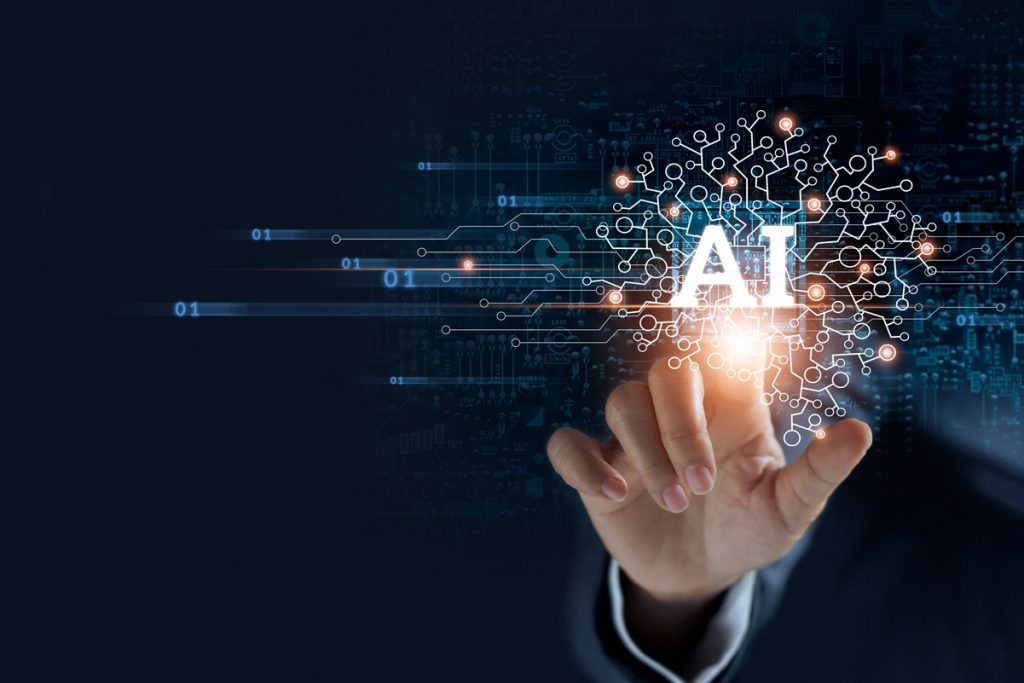Sourcing training data for AI models has rapidly become one of the most significant challenges for the growing industry of Generative AI. Companies like OpenAI, Google, Meta, Anthropic, and Microsoft are aggressively seeking new data sources to refine and enhance their artificial intelligence capabilities. However, this pursuit is increasingly leading to legal battles over the use of copyrighted material, with publishers and creators demanding compensation for their intellectual property.
Business Insider recently highlighted the escalating copyright lawsuits against OpenAI, a leading player in the AI industry. The core of the issue lies in the use of copyrighted materials. Publishers and creators are accusing tech companies of exploiting their work without proper authorization or payment.
Training data is the lifeblood of AI development, providing the necessary information for these systems to learn and improve. Yet, the methods by which companies acquire this data are under intense scrutiny. Notably, Meta even considered purchasing Simon & Schuster, a major publishing house, to secure a steady stream of data for its AI projects.
Meta and OpenAI have defended their actions by arguing that once copyrighted material is made available on the internet, it falls under “publicly available” content and thus qualifies for fair use. However, this interpretation is far from universally accepted and is now being contested in court.
Growing AI Copyright Litigation
The most recent, of these copyright lawsuits, comes from the Center for Investigative Reporting (CIR), which recently merged with Mother Jones and Reveal. CIR, a nonprofit news organization, accused OpenAI and Microsoft of using copyrighted material from Mother Jones to train their GPT and Copilot AI models without permission or compensation. In an announcement, Monika Bauerlein, CEO of CIR, criticized the companies for their “free rider behavior,” highlighting the unfairness and legal violations involved in their actions.
This case is not an isolated incident. The New York Times is reportedly considering legal action against OpenAI for similar reasons. The central argument in these lawsuits is that using copyrighted material without consent or payment infringes on the rights of content creators, who deserve to be compensated for their work.
These legal challenges are significant because they raise fundamental questions about the balance between innovation and intellectual property rights. As AI technology continues to evolve, the need for vast amounts of data will only increase. However, the way this data is acquired must respect the rights of those who created it. The outcome of these lawsuits could set important precedents for how AI companies operate in the future.
Broader implications of AI copyright lawsuits
These disputes have broader implications for the tech industry. They underscore the tension between technological advancement and ethical practices, prompting a re-evaluation of how companies approach data acquisition. It also highlights the need for clearer regulations and guidelines on the use of copyrighted material in AI training.
As the legal battles against OpenAI and other tech giants unfold, they will not only determine the fate of these companies’ AI models but also shape the future landscape of AI development and intellectual property law. The industry must find a way to innovate responsibly, ensuring that the benefits of AI advancements are shared fairly with the creators whose work makes these innovations possible.
This content was generated with the assistance of AI tools. However, it has undergone thorough human review, editing, and approval to ensure its accuracy, coherence, and quality. While AI technology played a role in its creation, the final version reflects the expertise and judgment of our human editors.


